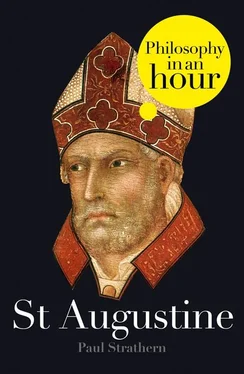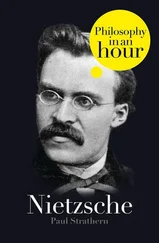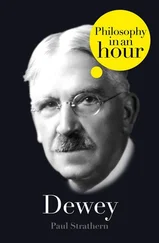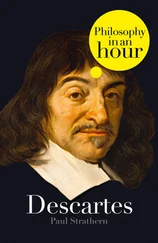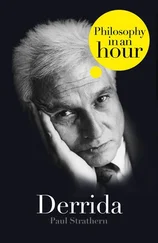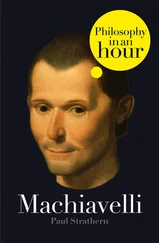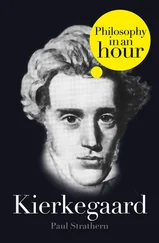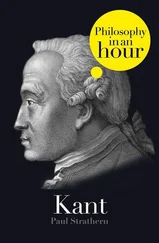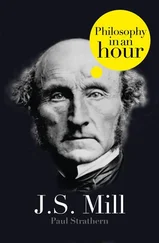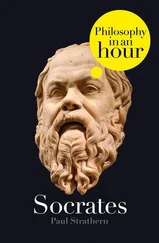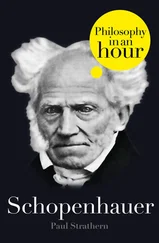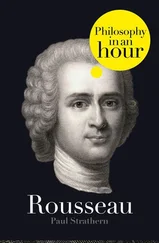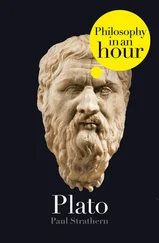But there’s no denying that Augustine had a problem with sex. He had a strong sexual urge and probably enjoyed sex when he was actually doing it. But he was also possessed of an extremely strong mental desire to stay chaste. A few sessions with an understanding analyst would probably have defused the problem – but this would have robbed philosophy of its greatest exponent in almost one and a half millennia. When Augustine arrived on the scene, six hundred years had passed since the death of Aristotle; after Augustine died, it was nearly eight hundred years before the appearance of Thomas Aquinas.
Augustine was born in 354 A.D. in the small town of Thagaste in the Roman province of Numidia (now Souk Ahras in the northeastern hinterland of Algeria). His parents appear to have been a rather boozy middle-class couple. But his hard-drinking father Patricius developed alcoholic symptoms of emotional disintegration in the form of obsessive womanising and violent outbursts. Whereupon Augustine’s mother Monica turned to religion, forswore the demon drink, and transformed her frustrations and disappointments into ambitions for her son.
We know a fair amount about Augustine’s youth from the descriptions in his Confessions . From the outset Monica appears to have overwhelmed little Augustine, though at no point does Augustine venture a word against his mother, whose obsessive puritan Christianity pervades the book from page one. ‘Who can recall to me the sins I committed as a baby?’ Augustine asks, castigating himself for crying for his mother’s milk. ‘I was indeed a great sinner,’ he comments, without irony, on his early dislike of lessons at school.
Then, as a teenager, he really goes off the rails. Together with pals from school, he steals the fruit from a pear tree. As a result of this vile iniquity, Augustine indulges in an orgy of self-laceration which continues to the end of the chapter (‘foul soul falling from the firmament to expulsion… into the depths of the abyss,’ and so on). He then continues in the same fashion for another six chapters before ending: ‘Can anyone unravel this twisted tangle of knots? I shudder to look at it or think of such abomination.’ What on earth is this all about? Readers of a psychological bent may find symbolic overtones in the young lad ‘shaking down the fruit from the tree’, but this would be a shallow and uninformative explanation. The real villain of the piece here was definitely Mom.
There is no doubt that Monica ruled the family’s home life. She even managed to persuade the hapless Patricius to convert to Christianity, almost certainly in a fit of alcoholic remorse, the year before he died. And when it became apparent that young Augustine had inherited some of his father’s unspeakable habits, he was banished from the family home. But only briefly: Monica did not wish to let him out of her clutches.
Meanwhile Augustine continued to wrestle with his problem. In despair he would even occasionally turn to God, imploring him in touching fashion, ‘Lord, give me chastity – but not yet.’ He didn’t want God to ‘cure me too soon of the disease of lust, which I wanted satisfied, not quelled’.
Augustine was an extremely bright boy, and Monica had great ambitions for him. Before Patricius died he had scraped together enough money for the boy to continue his education at Carthage. Here, away from Mother, Augustine had a number of experiences in the bordellos and developed a taste for the theatre (later described in the Confessions as ‘a loathsome mange, which swells and festers with hideous pus. What miserable delirium!’). He then settled down to live with a woman, with whom he was to share a long and faithful loving relationship. She even had ‘an accidental son’ by Augustine. (Nothing is said against her personally in the Confessions ; it’s what they repeatedly and enjoyably did together that upset him.)
But Augustine wasn’t just a prig with a problem. The turbulence that drove him to such (alleged) extremes of lewdness and such extremes of (purely literary) self-abasement also drove him with equal force to discover the truth about himself. Why did he behave in such a way? How could he be so utterly and despicably vile and polluted and at the same time yearn with equal longing for purity?
The psychology that might have reduced him to shallow normality was not available, and the Christianity offered by his mother appeared too simple to satisfy his demanding intellect. What he needed was a convincing explanation of his plight, sufficiently profound for him to believe. He began reading Cicero and was at once attracted to philosophy. It was Cicero, a graduate of Plato’s Academy, who taught him the difficult business of how to think properly. But Cicero offered no solution.
Augustine found what he was looking for in Manichaeism. This quasi-Christian sect had been founded a century earlier by a Persian named Mani, who had claimed to be the Holy Ghost and had ended by being crucified by fire worshipers. Manichaeism was essentially dualistic, its adherents believing that the world was a product of the conflict between Good and Evil (or Light and Darkness). Man’s soul consisted of light, entrapped by darkness from which it must seek to free itself. This was a belief tailor-made for Augustine in his present state, even if it had been proscribed as a heresy by the Christian church. Augustine embraced Manichaeism with open arms.
Mother was not pleased when Augustine arrived home after his four years of study in Carthage. The mistress and child she could accept (they could be dealt with later), but Manichaeism was another matter. This grieved her heart, and she saw no point in disguising the fact. Meanwhile Augustine began teaching rhetoric in his home town, and became interested in astronomy. But Augustine, now twenty, remained ambitious, and a year later he returned to Carthage, where he worked in the university as a visiting teacher. Unfortunately the times were changing and the students were out of control. Discipline problems became so great that teaching was virtually impossible. Augustine decided to set off with his mistress and young son to look for work in Rome.
By now Augustine was beginning to have intellectual doubts about Manichaeism. The latest findings of astronomy did not accord with the mythological explanations of the heavens offered by the Manichaeans. Augustine was visited by Bishop Faustus, the Manichaean scholar, and together they discussed these matters. But in the end the good-natured bishop was forced to confess that he had no answer to these problems, which set Augustine pondering.
Mother didn’t approve of the projected trip to Rome, and she came to Carthage to say so. Before the boat sailed there was a scene on the quayside, with Monica ‘clinging to me with all her strength in the hope that I would either come home or take her with me’. Augustine finally persuaded Monica that the boat would not sail until next morning, and she went off to visit a nearby shrine to St Cyprian. Augustine then secretly set sail under cover of darkness, ‘leaving her alone to her prayers and her tears’.
In Rome Augustine continued to mix with Manichaeans. Despite his doubts, he remained convinced by their doctrine that it was not us who sinned but some other darker nature that entrapped the soul. He continued teaching, and within a year his intellectual brilliance had been noticed. He was offered a post as professor of rhetoric at Milan.
Milan had recently replaced Rome as the administrative capital of the Roman Empire, which was in the process of splitting into its eastern and western halves. The empire was entering one of the more exotic periods of its long decline, with the crowning of teenage emperors and the like. (The army had recently excelled itself by proclaiming a four-year-old as emperor, but this example of military intelligence had been politely overlooked; a degenerate adult had briefly been put forward in his stead.) The present emperor now resided in Milan, but the most influential figure in the city was Bishop – later to become Saint – Ambrose. His power was so great that he had recently ordered the Emperor Theodosius to perform a penance after he had been responsible for a massacre in Thessalonica.
Читать дальше
